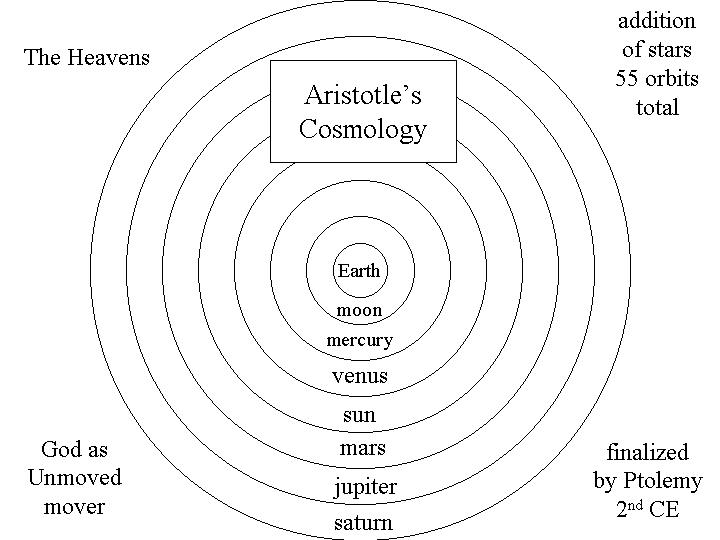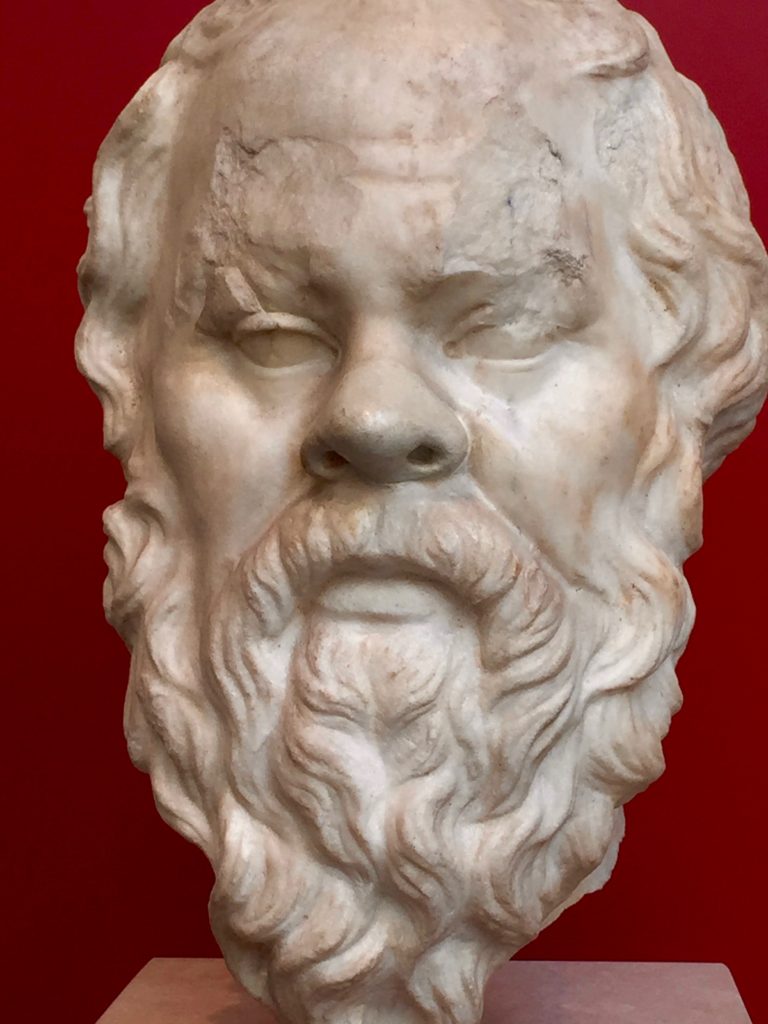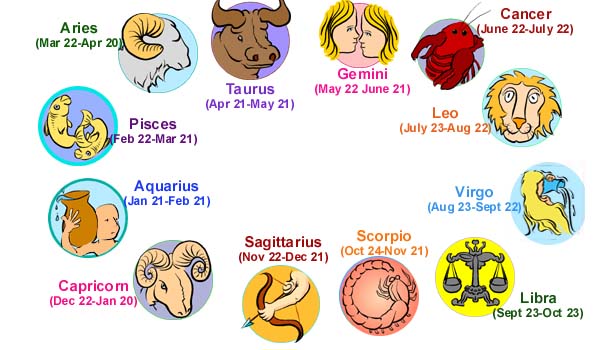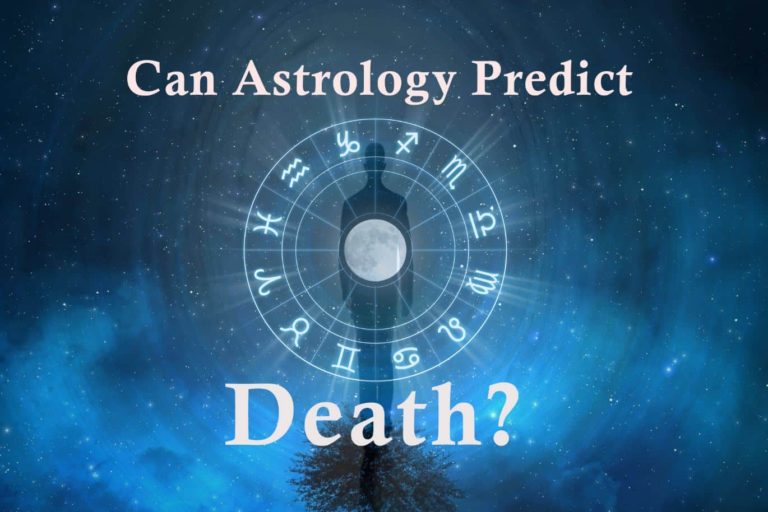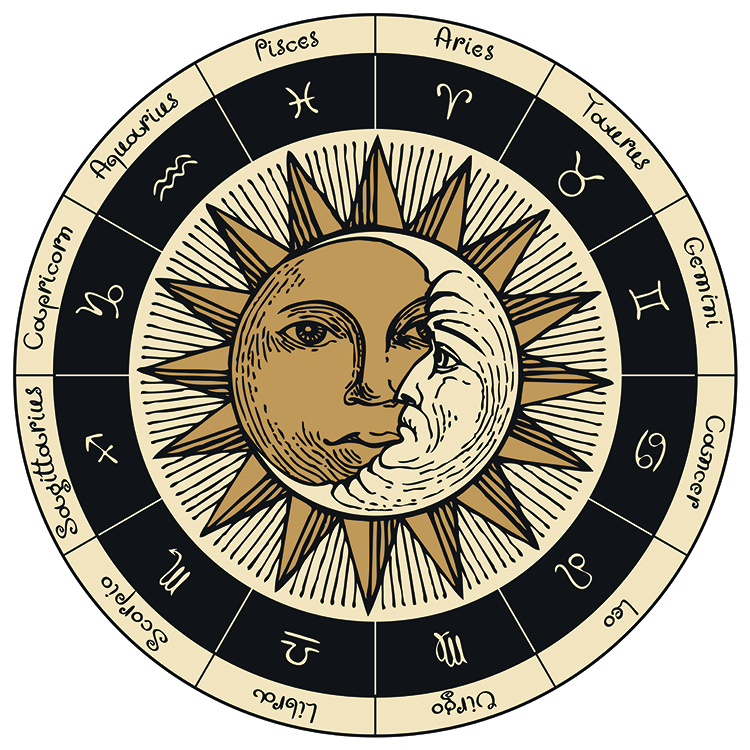What Did Aristotle Think of Astrology?
Astrology has been around for thousands of years, and over that time, opinions about its validity and usefulness have varied widely. One of the most famous philosophers of the ancient world, Aristotle, had his own thoughts on the subject. In this article, we’ll explore Aristotle’s views on astrology, and what they might mean for us today.
Who Was Aristotle?
Aristotle, one of the most renowned Greek philosophers, lived during the period of 384-322 BCE. He was not only a student of the great philosopher Plato, but he also served as a tutor to Alexander the Great. Aristotle’s contributions to philosophy, ethics, politics, and metaphysics have been widely acclaimed and acknowledged throughout history. His ideas on the concept of reality and the principles of logic have had a profound impact on Western philosophy and science, shaping the way we view the world and understand its complexities. Aristotle’s works continue to be studied and analyzed by scholars and students worldwide, inspiring new ideas and perspectives on the fundamental questions of life and existence.
What Is Astrology?
Astrology is a fascinating field that has been the object of human curiosity for thousands of years. It is a study of celestial bodies, including the sun, moon, and planets, and how their movements might impact human affairs and natural phenomena. Astrology has been practiced in various forms throughout history, with many cultures and civilizations developing their own unique astrological traditions. For example, the ancient Greeks and Romans believed that the position of the stars and planets could reveal a person’s fate and character traits, while the Chinese developed their own system of astrology based on the lunar calendar.
Despite the many skeptics who dismiss astrology as mere superstition, it still holds great appeal for many people today. Some believe that astrology can provide insight into everything from personal relationships to career success, and there are even those who use astrology to make important life decisions. Whether or not you believe in the power of astrology, there is no denying that it has played a significant role in human history and continues to captivate our imaginations to this day.
Aristotle’s Views on Astrology
Aristotle’s skepticism when it came to astrology was based on his belief that the positions of celestial bodies did not have a direct impact on human affairs. He maintained that any apparent correlations between the positions of the stars and events on Earth were merely coincidental. This view was in contrast to the prevailing views of many in Aristotle’s time, who believed in the power of the stars to influence human affairs. However, Aristotle’s view was consistent with his broader philosophical approach, which emphasized the importance of reason and observation in understanding the world.
Aristotle’s belief that the universe was governed by natural laws that were consistent and predictable was a reflection of his broader view of the world. He saw the world as a rational and ordered place, where everything had a purpose and a place. He believed that the natural world could be understood through careful observation and analysis, and that knowledge could be obtained through the application of reason to that observation. This approach allowed him to make significant contributions to fields such as biology, physics, and metaphysics, among others.
Aristotle’s influence on Western thought has been immense. His ideas have shaped our understanding of the natural world, and his approach to philosophy has had a profound impact on the development of Western science and thought. His emphasis on reason and observation as the keys to understanding the world has been a guiding principle for generations of scholars.
Despite the fact that Aristotle’s views on astrology were at odds with the prevailing views of his time, his skepticism was not unique. Throughout history, there have been many who have questioned the validity of astrology, and its usefulness as a predictive tool. However, astrology has remained a popular practice in many cultures throughout history, and many people still find it to be a useful tool for understanding themselves and the world around them.
In conclusion, Aristotle’s views on astrology were consistent with his broader philosophical approach, which emphasized the importance of reason and observation in understanding the world. While his skepticism put him at odds with many of his contemporaries, his ideas have continued to influence Western thought and have helped to shape our understanding of the natural world.
Astrology Around the World
While Aristotle may have been skeptical of astrology, it has been a popular practice in many cultures throughout history. Here are just a few examples:
Ancient China
In ancient China, astrology played a crucial role in traditional medicine. The practice of using astrological charts for medical purposes was deeply rooted in the belief that the position of the stars and planets could have a significant impact on a person’s health and wellbeing. It was believed that by understanding the unique astrological makeup of a patient, practitioners could effectively diagnose and treat illnesses. The use of astrological charts also helped determine the most auspicious times for various medical procedures, such as surgeries and the administration of medicines. In addition, astrology was seen as a way to promote overall wellness and prevent illnesses before they even manifested, by identifying potential health issues early on and taking preventative measures. Overall, astrology was an integral part of traditional Chinese medicine and played a vital role in promoting health and wellbeing among the population.
Ancient Egypt
Astrology, an ancient practice, held a significant role in the Egyptian civilization. The Egyptians believed that the movements of the stars held a strong correlation with the fate of their pharaohs. The astrologers in the Egyptian society had a deep understanding of the stars and used this knowledge to predict events in the future. They also used it to determine the best timings for various activities, such as planting crops or conducting military campaigns. Therefore, astrology had a crucial impact on the daily lives and decision-making processes of the ancient Egyptians, further highlighting the importance of this practice in their culture.
Medieval Europe
During the Middle Ages, astrology was a popular practice in Europe. People believed that the movement and position of celestial bodies could influence human affairs and determine a person’s destiny. Astrologers would cast horoscopes for individuals based on their birth dates and times, and would use those horoscopes to make predictions about their lives and futures. The practice of astrology was not only limited to individuals, but also to entire nations, as astrologers would cast horoscopes for kings and nobles to determine the fate of their reigns. In fact, some astrologers were even employed by the royal courts to advise on political decisions based on their astrological predictions. Despite its widespread use, astrology was also met with criticism and skepticism, with some religious leaders condemning it as a form of witchcraft and others dismissing it as a pseudoscience. Nonetheless, the practice of astrology continued to thrive throughout the Middle Ages and beyond, influencing the beliefs and decisions of people across Europe and shaping their understanding of the world around them.
Practical Applications of Astrology Today
While Aristotle may have been skeptical of astrology, many people today still find it to be a useful tool for understanding themselves and the world around them. Here are a few practical ways that you can use astrology in your own life:
Understanding Yourself
Astrology is a fascinating field that explores the relationship between the movements and positions of celestial bodies and human affairs. It has been studied and practiced for thousands of years, and many people believe that the positions of the planets and stars at the time of their birth can have a profound influence on their lives.
One of the most popular aspects of astrology is the study of astrological signs. There are 12 signs, each corresponding to a different period of the year and associated with different personality traits, strengths, and weaknesses. By learning more about your sign and how it relates to the positions of the planets and stars at the time of your birth, you may be able to gain a deeper understanding of yourself and your place in the world.
But astrology is not just about individual signs and personalities. It can also provide insight into larger trends and patterns in human affairs. For example, astrologers may study the movements of the planets and stars to predict global events or societal shifts. This can be particularly useful for business leaders, politicians, and other decision-makers who need to make informed choices about the future.
In short, astrology is a rich and complex field that offers a wealth of insights into human nature and the world around us. Whether you’re interested in learning more about your sign or exploring the broader implications of astrology, there is much to discover and explore.
Planning Ahead
Astrology, which is the study of the movements and relative positions of celestial bodies, is not only used to describe personality traits or predict future events, but can also be used to plan ahead and make important decisions. By carefully observing the positions of the planets and stars, you may be able to identify auspicious times for starting a new job or launching a new project, which could potentially lead to greater success and fulfillment. In fact, many people believe that astrology can provide valuable insights into the best times to take risks, make investments, or even get married. By incorporating astrological knowledge into your decision-making process, you may be able to achieve your goals with greater ease and confidence.
Building Relationships
Finally, astrology can be a useful tool for building relationships. By learning about the astrological signs of the people in your life, you may be able to gain a better understanding of their needs and tendencies, and build stronger, more harmonious relationships. For instance, if you are dating a Taurus, knowing that they value stability and routine can help you plan dates that cater to their preferences. Similarly, if you are working with a team member who is a Leo, you may be able to motivate them by recognizing and praising their achievements publicly. By taking the time to understand the astrological signs of those around you, you can foster deeper connections and more meaningful relationships. Additionally, astrology can help you understand your own strengths and weaknesses, and provide insight into areas where you may need to focus your personal growth and development.
Conclusion
Aristotle may have been skeptical of astrology, but his views on the subject were consistent with his broader philosophical approach. While astrology has been a popular practice in many cultures throughout history, opinions about its usefulness and validity have varied widely. Today, many people still find astrology to be a useful tool for understanding themselves and the world around them, and there are many practical ways that astrology can be applied in daily life.
Auto Amazon Links: No products found. http_request_failed: A valid URL was not provided. URL: https://ws-na.amazon-adsystem.com/widgets/q?SearchIndex=All&multipageStart=0&multipageCount=20&Operation=GetResults&Keywords=Law+of+Attraction&InstanceId=0&TemplateId=MobileSearchResults&ServiceVersion=20070822&MarketPlace=US Cache: AAL_cb68273ba119cf3d26adcaaf85f3e24c
